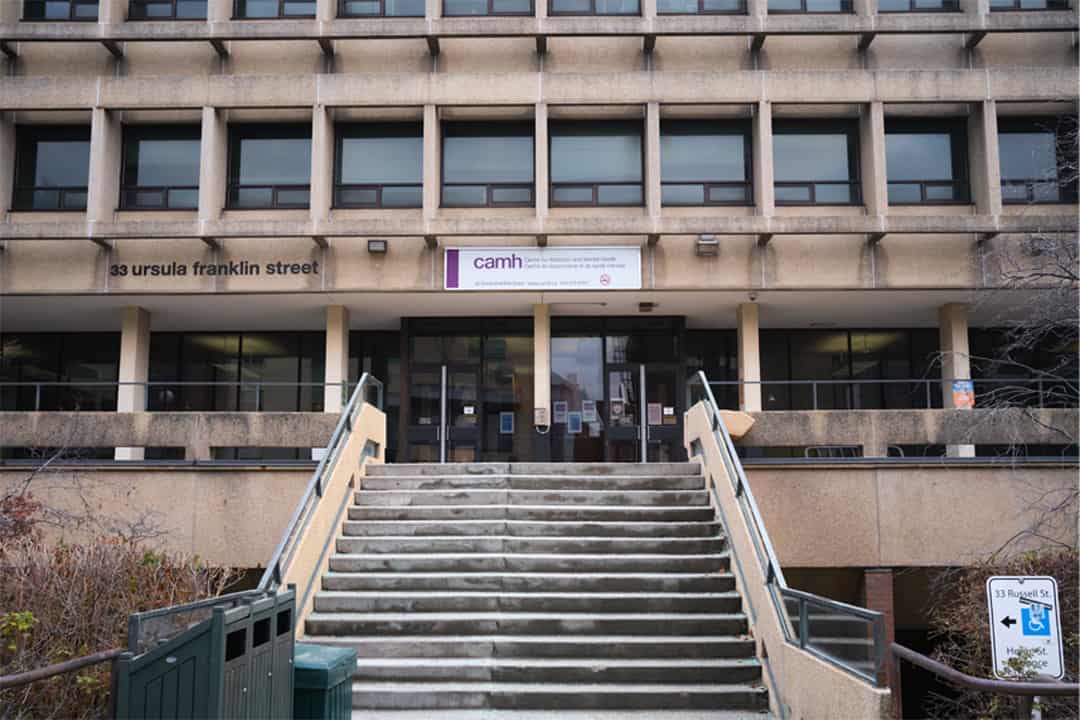On November 23, Dr. Yona Lunsky led a workshop on mental health issues that are common amongst youth. The talk was part of Re:Action4Inclusion’s DISRUPT! webinar series and provided lessons that can be insightful to students struggling with their mental health — especially during exams and when many are far from home. Dr. Yona Lunsky is the director of the Azrieli Adult Neurodevelopmental Center and works on studying healthcare access for the Centre for Addiction and Mental Health (CAMH).
Re:Action4Inclusion is a social justice group that strives to include youth with intellectual disabilities and amplify their voices, instead of speaking for them. DISRUPT! is a webinar series led by the group that educates the community on topics regarding social justice.
Lunsky began her talk with an example of how someone would handle a conflict in physical health and applied it to mental health. She talked about a soccer player with a bad knee and the importance of their ability to identify that they are injured, so that they can know how to take care of it and understand the extent of their injury and what it means for their game.
Similarly, we should all be able to identify where we are mentally. If there is an issue with our mental health, the first step should be awareness; only then can we take care of ourselves and eventually heal our mental injury.
Understanding the extent of our mental health concerns also allows us to advocate for ourselves to those around us to build a support system. I found this incredibly insightful, as the thought of being able to identify a mental struggle and explain it starts to take weight off the uncertainty that comes with anxious feelings or depressive thoughts.
Lunsky then went on to lead an activity where we reflected on the parts of life that bring us down, stress us out, or deplete our energy. These reflections are unique from person to person, but some common examples from the lecture were conflicts in our everyday relationships, lack of sleep, or an overwhelming amount of work to do.
Following that, we reflected on what nourishes and energizes us. Some examples involved surrounding ourselves with people we love, self-care, eating our favorite foods, and staying hydrated. Then, we were asked to identify which list had more responses and reflect on if we could remove activities that were taking energy away from our everyday lives or add items that give us energy into our everyday lives.
I enjoyed this reflection because often things that take our energy can feel beyond our control, but listing them out on paper or even verbally can make them more tangible so we can learn how to control them. This will ultimately start to shift our mindsets to improve our mental well-being.
The HELP framework
Lunsky stated that “everyone needs HELP” — an acronym she used to describe how we can cope.
“H” stands for “health,” emphasizing the importance of understanding what is going on in our bodies before attributing our behavior to a mental health problem. An example of this would be unidentified physical pain or a medication manifesting itself as a mental health struggle.
“E” stands for the “environment,” and looks at how we can shift external triggers of our mental health.
“L” refers to “lived experience,” reflecting on experiences in our past that may have been difficult and how they impact our reactions and sensitivity levels today.
“P” stands for “psychiatric.” Despite going through the earlier steps, we still might be left with manifestations of poor mental health, and this would be indicative of when it is time to talk to someone who has experience working with and treating mental health.
Throughout the talk, Lunsky highlighted the importance of being able to identify where we are at mentally, what we can do to improve our mental health, and what the root cause of our mental health struggles is. She explained that no one will have perfect mental health all of the time. However, we can learn from her talk by using the tools she outlined and becoming self-aware of our problems and needs to more easily solve our problems and improve our overall mental health.


